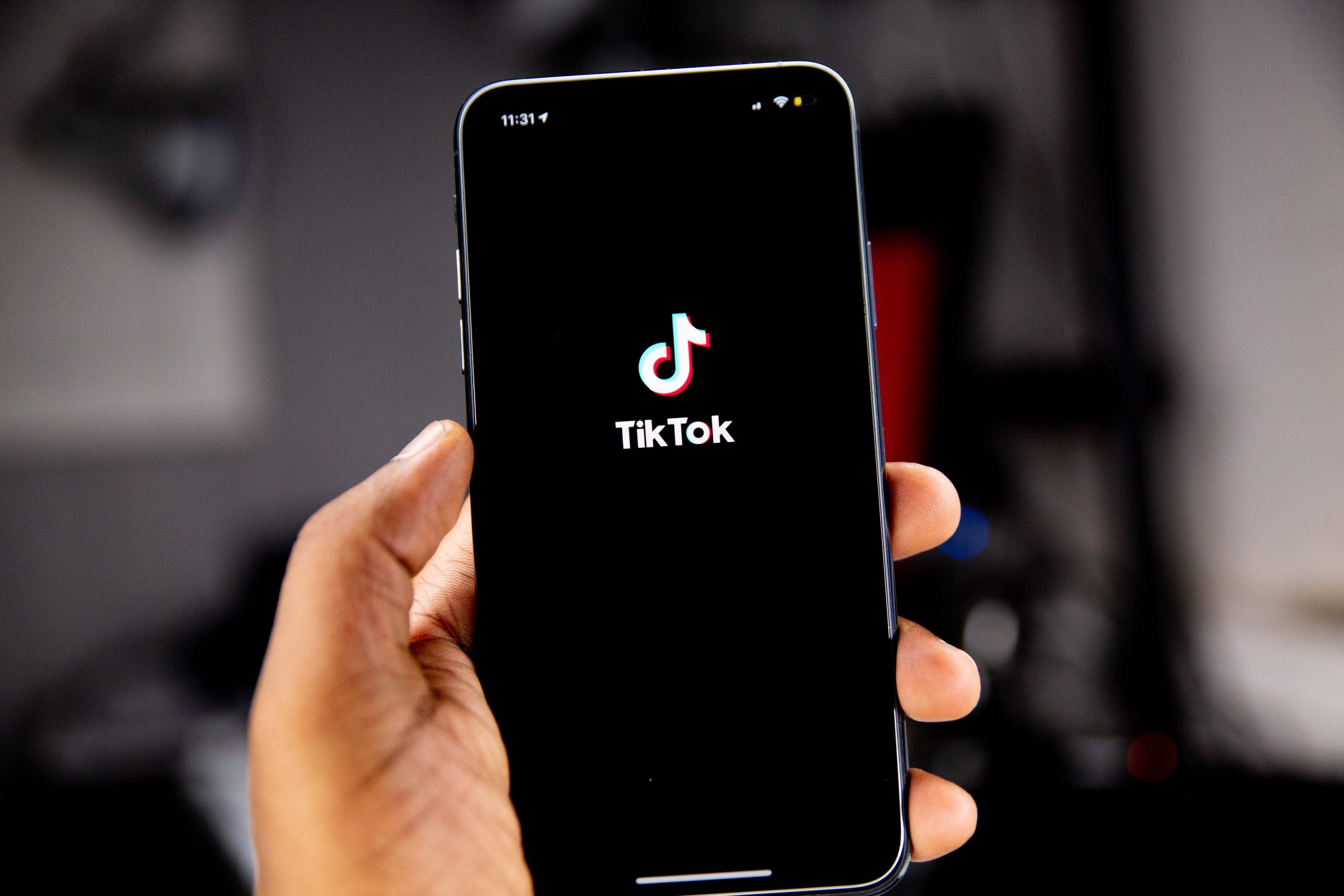Is TikTok about to lose 15% of the world’s recorded music?
TikTok and current music-licensing partner, Merlin have fallen out. Are we about to see a lot less indie music on TikTok?
TikTok is having a falling out with another partner over matters concerning music licensing. This time, a lot of questions are thrown up around the presence of independent artists and music on the social platform.
Merlin is a licensing agency that represents independent labels and distributors, managing deals with platforms like TikTok on their behalf. The idea is that Merlin can get a better deal for these indies collectively than they are likely to get by going it alone. In August, the agency, which claims to represent 15% of the global recorded music market, suggested that it would have to enter into difficult talks with TikTok in the near future. However, things haven’t gone the way Merlin planned.
Merlin revealed in a letter that TikTok had “walked away before negotiations had even begun”. Both the agency and TikTok confirmed yesterday (October 1st) that the deal between the two entities will expire on October 31st – no renewal in sight. Additionally, both parties confirmed that TikTok plans to directly license some of Merlin’s members.
This news was announced to Merlin members in a letter, the tone of which wasn’t exactly warm towards the short-form video social media behemoth. Merlin suggested that TikTok “does not want to pay a fair rate for the music that powers their platform.” The letter also posited that TikTok “must see the obligation to pay fair royalties as a nuisance.”
TikTok has responded to Merlin’s letter today, and was not shy about confirming its actions. The social giant indeed acknowledged its plans to approach Merlin’s members to license them directly, but it refuted claims that it does not want to pay fairly for the music that is featured on its platform.
Instead, TikTok’s response focused on content quality and the detection of suspicious and fraudulent behaviour. “We have had operational challenges with Merlin in the past where music that is not quality controlled for copyright is delivered. It presents a big burden, and doing direct deals allows us to exercise better control and also to forge closer relationships with Merlin members.”
In its letter, Merlin did acknowledge these “operational challenges”, and explained that it has been working collaboratively and productively with TikTok to combat fraud, with no complaints raised by the platform thus far.
Presumably feeling somewhat blindsided, Merlin ended its letter by stating that it is the decision of it members as to what they do next, but Merlin will continue to fight for the value of its members.
The future of this issue is certainly unclear. If Merlin’s members hold fast against TikTok’s propositions, the licensing agency may yet hold a bargaining chip worth TikTok’s attention. However, if Merlin’s members (many of whom may feel they’re in a tricky position of either agree or disagree and no longer be featured on TikTok) agree to direct licensing deals, Merlin’s position could potentially crumble. The third potential outcome is that Merlin’s members decline, TikTok refuses to renew Merlin’s deal, and the platform loses a huge chunk of independent artists and labels from its catalogue.
While some outcomes are likelier than others, it’s still hard to know what TikTok post-October 31st looks like for indie music. We do know that Merlin has openly stated it’s eager to “re-engage with TikTok to secure a renewal agreement.” The best outcome would be for TikTok and Merlin to resolve its differences, and renew a licensing deal that financially satisfies all parties.
For now, watch this space, and hope for the best.
